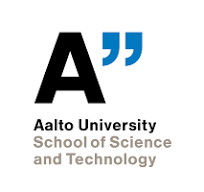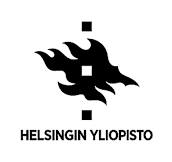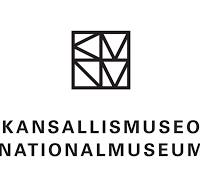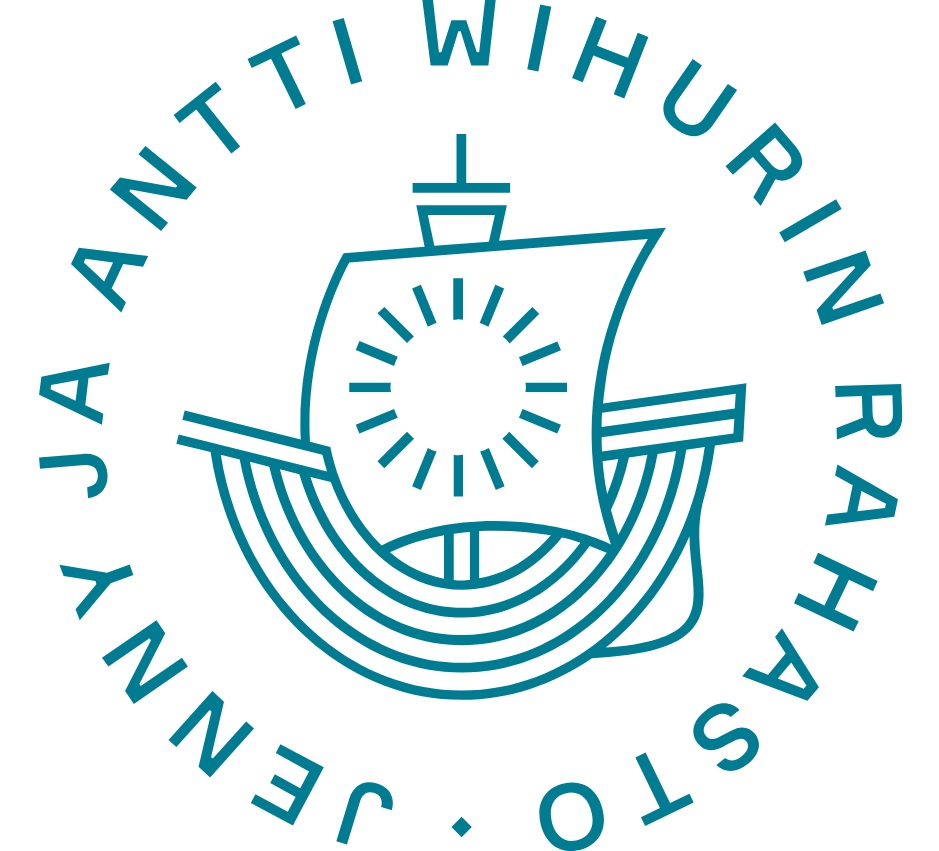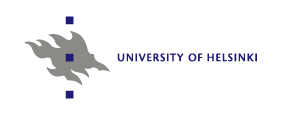 |
Digital Solutions for European Numismatic Heritage | 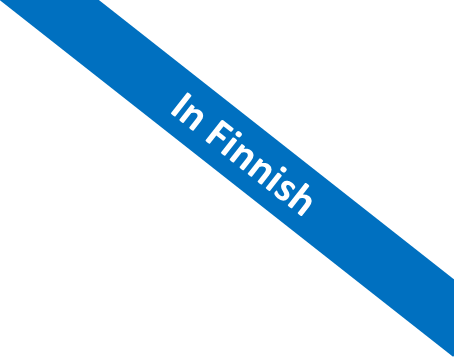 |
DigiNUMA is an interdisciplinary project (2021-2023) in Digital Humanities (DH), participatory heritage, semantic computing, museum collections management, and archaeological/numismatic studies addressing challenges in creating, publishing, and analysing archaeological cultural heritage ‘big data’. The project develops an ontological infrastructure and a methodological proof-of-concept model for finely-grained Linked Open Data (LOD) harmonisation across national and international databases that contain archaeological finds data in Finland, the UK, and EU. The temporal focus of the project is on medieval times and Viking age.
Research Question
What new research potential for transnational archaeological/cultural heritage research is unlocked through the creation of a proof-of-concept LOD data model and data service for numismatic data?
Objective
Our goal is to create and test through data analysis a data model for international numismatic data, apply it to Finnish and international archaeological coin collections (the British Museum and the Fitzwilliam Museum), and test/show its usability in Digital Humanities research and in developing semantic web applications for the public.Research Question
What new research potential for transnational archaeological/cultural heritage research is unlocked through the creation of a proof-of-concept LOD data model and data service for numismatic data?
Datasets
The datasets researched include the Portable Antiquities Scheme in England and Wales database (the British Museum, London, UK), the Corpus of Early Medieval Coin Finds database (the Fitzwilliam Museum, Cambridge, UK) database, Numismatic Collections in the Finnish Heritage Agency’s (FHA) archaeological collections and in the Coin Chamber of the National Museum of Finland, and coin finds data in the Ilppari archaeological public finds reporting service of the FHA and the FindSampo system.
Methods
We develop methods for Digital Humanities analysis and visualization, Semantic Web technologies, and Knowledge Discovery.
Outcomes
The outcomes of the project include a proof of concept linked data model and datasets conforming to it and Nomisma.org ontology for FHA and British Museum collection data, and a data service and portal demonstrator "CoinSampo" based on applying the Sampo model. The CoinSampo system was released on February 28, 2024, in this publication event (in Finnish). The portal is available at
in English and Finnish, and the Linked Open Data service at the Linked Data Finland platform:https://www.ldf.fi/dataset/coinsampo
Peer reviewed scientific articles related to the project and be found below for referencing to the system.Wider Importance
DigiNUMA supports ongoing international efforts for creation of transnational DH Cultural Heritage databases, web services, and citizen science archaeology programs. The work contributes to the ongoing DARIAH-EU inftrastructure work, the Pan-European ARIADNEPlus, and the national FIN-CLARIAH programmes that the team participates currently in.
Project Consortium
Our work was supported by the Jenny and Antti Wihuri Foundation, Marie Skłodowska-Curie Actions of the European Commission, Aalto University, and University Helsinki, Helsinki Institute for Social Sciences and Humanities (HSSH).
Research Team at the University of Helsinki and Aalto University
- Dr. Eljas Oksanen University of Helsinki, Project lead
- FM Heikki Rantala Aalto University (SeCo)
- Prof. Eero Hyvönen Aalto University (SeCo) and University of Helsinki (HELDIG)
Advisory Board
The DigiNUMA Advisory Board includes Professor Michael Lewis (British Museum), Dr David Wigg-Wolf (German Archaeological Institute and Nomisma.org), Dr Frida Ehrnsten (National Museum of Finland), Ville Rohiola (Curator at Archaeological Collection, FHA) and Dr Jouni Tuominen (University of Helsinki & Aalto University).


